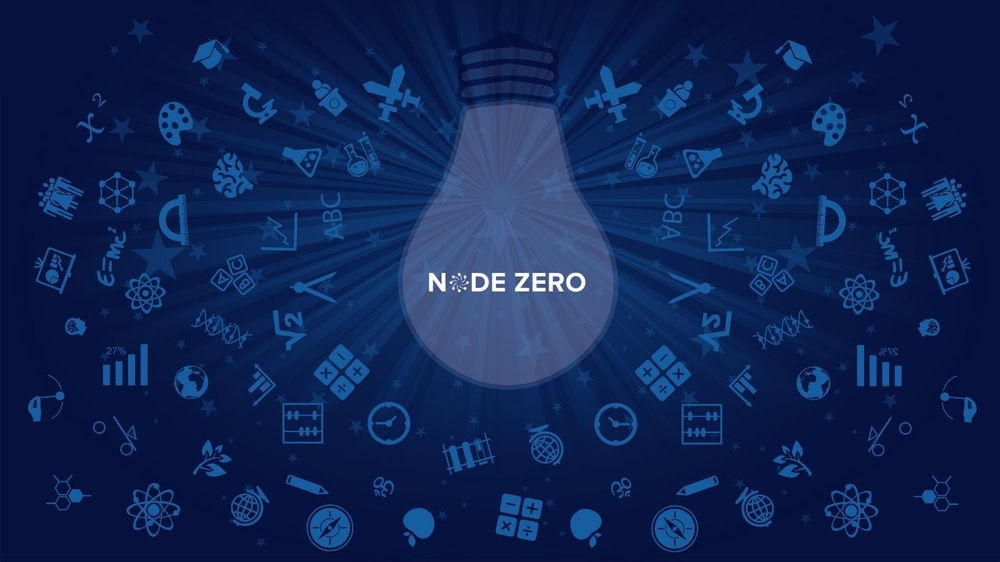 POLICY
POLICY
 POLICY
POLICY
 POLICY
POLICY
Canada’s Digital Governance Council and Data Collaboration Alliance today announced that they have succeeded in getting a new national Zero-Copy Integration standard approved by Standards Canada.
Zero-Copy Integration defines a framework for the accelerated delivery of new digital solutions without eroding data access. Projects covered by the standard include applications, automation, artificial intelligence and machine learning, and analytics. The standard provides compliance with strict data protection regulations, such as Canada’s proposed Consumer Privacy Protection Act, Europe’s General Data Protection Regulation and the California Privacy Rights Act while also addressing the escalating risk and inefficiency associated with data silos and copy-based data integration.
“By eliminating silos and copies from new digital solutions, Zero-Copy Integration offers great potential in public health, social research, open banking and sustainability,” Keith Jansa, chief executive officer of the Digital Governance Council, said in a statement.“These are among the many areas in which essential collaboration has been constrained by the lack of meaningful control associated with traditional approaches to data sharing.”
Zero-Copy Integration establishes core principles by which chief technology and information officers, data architects and application developers can establish digital innovation projects defined by increased control, efficiency and collaboration.
The standard establishes data management via shared data architecture, not app-specific database silos and data sharing via access-based data collaboration, not copy-based data integration. Data protection via universal access controls is set in the data layer, not in app-specific code and data governance is via data products and federated stewardship, not centralized teams.
It also supports a project-by-project approach to steadily reduce an organization’s data silos, data integration and complex code. Doing so avoids the shortcomings of ‘rip and replace’ approaches that fail to accommodate pre-existing digital solutions and information technology investments.
Viable projects for Zero-Copy Integration include the development of new applications, predictive analytics, digital twins, customer 360 views, AI and machine learning operationalization, and workflow automation. Legacy system modernization and software-as-a-service application enrichment also benefit from the standard.
The standard only applies to Canada, but perhaps not for long. The Digital Governance Standards Institute is currently developing plans to advance Zero-Copy Integration within international standards organizations, meaning that what is in place in Canada today could be the standard globally within a few years.
THANK YOU